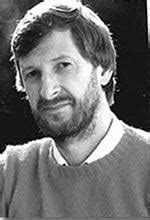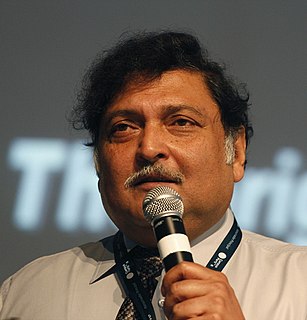A Quote by Roger Lewin
Probably the most important skill that children learn is how to learn. ... Too often we give children answers to remember rather than problems to solve. This is a mistake.
Related Quotes
Implanting spiritual ideas in children is very important. Many people live their entire lives according to the concepts that are implanted in them in childhood. When children learn they will get the most attention and love through doing constructive things, they will tend to stop doing destructive things. Most important of all, remember that children learn through example. No matter what you say it is what you do that will have an influence on them.
Children who are respected learn respect. Children who are cared for learn to care for those weaker than themselves. Children who are loved for what they are cannot learn intolerance. In an environment such as this, they will develop their own ideals, which can be nothing other than humane, since they grew out of the experience of love.
When people learn that I'm a qualified primary school teacher, I'm often met with surprise and a list of questions, including, 'How do the children react? How do you do it?' Children are some of the most open and inclusive individuals. It's often us adults who have difficulties in accepting difference.
My philosophy is that I am a friend of the children. I don't think anyone should see them as pitiable subjects or charity. That is old people's rhetoric. People often relate childish behaviour to stupidity or foolishness. This mindset needs to change. I want to level the playing field where I can learn from the children. Something I can learn from children is transparency. They are innocent, straightforward, and have no biases. I relate children to simplicity and I think that my friendship with children has a much deeper meaning than others.
As you consider whether to move a child into formal academic training, remember that we want our children to do more than just learn how to read and write; we want them to learn in such a way that they become lifelong readers and writers. If we push our children to start learning these skills too far ahead of their own spontaneous interest and their capacity, we may sacrifice the long-range goal of having them enjoy such pursuits.
Education is a technology that tries to make up for what the human mind is
innately bad at. Children don't have to go to school to learn how to walk,
talk, recognize objects, or remember the personalities of their friends,
even though these tasks are much harder than reading, adding, or
remembering dates in history. They do have to go to school to learn written
language, arithmetic, and science, because those bodies of knowledge and
skill were invented too recently for any species-wide knack for them to
have evolved.






































